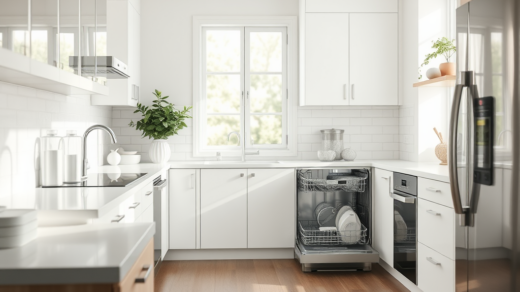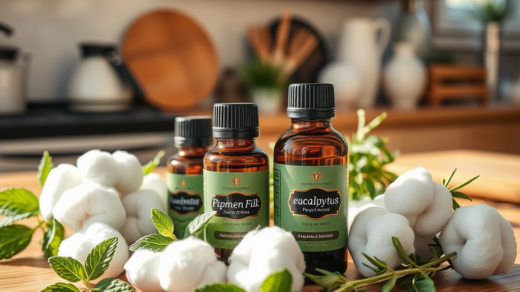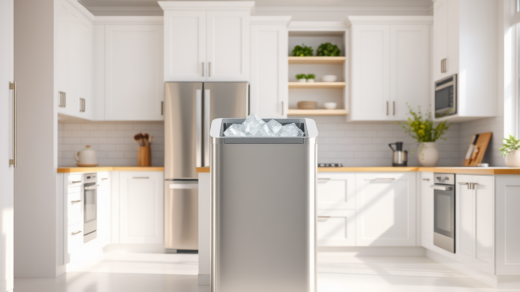Cleaning wine glasses properly ensures they maintain their clarity and prevent any unwanted odors or flavors. It’s essential to choose the right methods and tools, whether you’re preparing for a special occasion or simply want to maintain your glassware’s aesthetic. In this article, we will explore effective techniques and tips for cleaning wine glasses to help enhance your wine-drinking experience.
The Importance of Proper Wine Glass Care
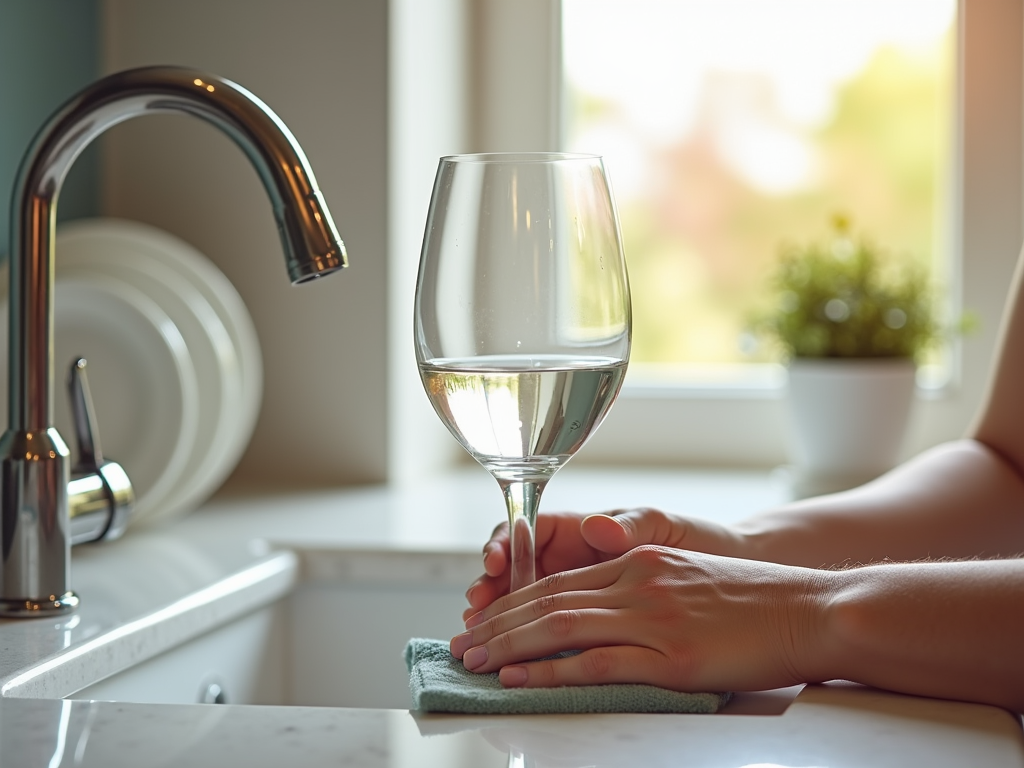
Wine glasses are more than just vessels for your favorite beverages; they play a crucial role in the overall tasting experience. Improper cleaning can lead to residues and streaks, detracting from the visual appeal and aroma of the wine. Additionally, regular maintenance ensures longevity, preventing scratches or cracks that can affect both functionality and aesthetic appeal. To care for your wine glasses effectively, it is vital to consider the materials, such as crystal or glass, and address their specific needs.
Cleaning wine glasses can also be an opportunity to show off your attention to detail, whether hosting a dinner party or simply enjoying a quiet night at home. Properly cared-for wine glasses reflect your appreciation for the craft of winemaking. Understanding various cleaning methods can help you protect your investment and enhance your wine experience. Let’s explore the best techniques.
Essential Tools for Cleaning Wine Glasses
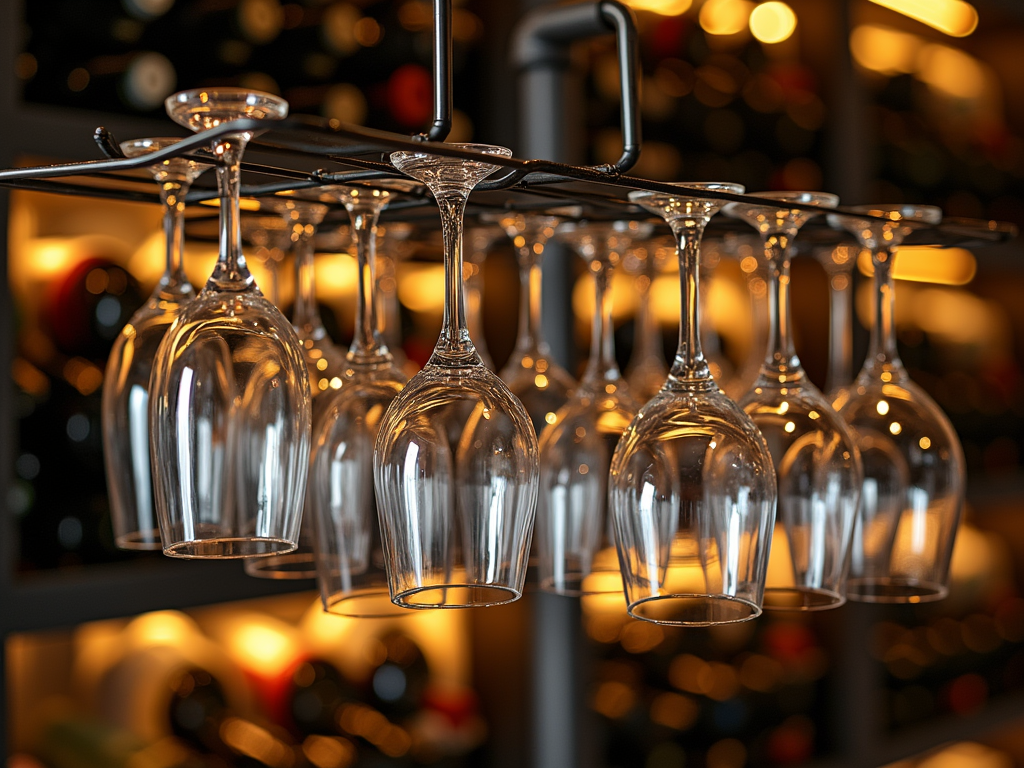
Before diving into the cleaning process, it’s essential to gather the right tools. Using the appropriate items ensures effective cleaning without damaging the glass. Here is a list of items you’ll need:
- Soft Sponge or Cloth: Choose a microfiber cloth or a soft sponge to avoid scratching the glass.
- Dish Soap: Use a mild dish soap that doesn’t contain harsh chemicals to protect the glass’s integrity.
- Warm Water: A bowl or sink full of warm, not hot, water is ideal for soaking and rinsing the glasses.
- Drying Rack or Towel: Use a lint-free towel or a drying rack to air-dry the glasses after washing.
- White Vinegar (Optional): For extra shine, you can use a small amount of white vinegar mixed with water.
Having these tools on hand will make the cleaning process efficient and thorough, allowing you to maintain your wine glasses in pristine condition. Now that we have the essentials, let’s explore the cleaning process in detail.
Step-by-Step Guide to Cleaning Wine Glasses
Cleaning wine glasses doesn’t need to be a daunting task. Follow these steps to ensure your glasses are spotless:
- Prepare Your Workspace: Clean any surface where you will be washing the glasses. Make sure it is dry and free of debris.
- Fill a Sink or Bowl with Warm Water: Add a few drops of mild dish soap. Ensure the water is warm to the touch but not boiling.
- Soak the Glasses: Submerge each glass in the soapy water, allowing them to soak for a few minutes. This will help loosen any residues.
- Gently Clean: With a soft sponge or cloth, gently scrub the glasses, focusing on the bowl and rim. Avoiding the stem and base ensures you maintain stability while cleaning.
- Rinse Thoroughly: Rinse each glass under warm running water to remove all soap residues. Ensure no suds remain to ensure no interference with future wine enjoyment.
- Dry with Care: Place glasses upside down on a clean drying rack or gently pat them dry with a lint-free towel. Avoid leaving them upright for too long, as water spots can form.
Following these steps will leave your wine glasses sparkling clean and ready for your next pour. Remember, gentle handling is the key to avoiding scratches and maintaining their delicate features.
To enjoy your wine glasses for years to come, consider these maintenance tips:
- Hand Wash whenever Possible: Avoid the dishwasher as it can cause scratches and possibly breakage.
- Store Carefully: Keep them upright in a safe place or use a wine glass rack to avoid damage.
- Regular Inspection: Check for cracks or chips regularly to prevent further damage.
- Avoid Abrasive Cleaners: They can scratch the surface and make the glass cloudy over time.
- Use a Glass Cleaner: If needed, use a specialized glass cleaner for extra shine.
By implementing these strategies, your wine glasses will remain an enjoyable and long-lasting part of your wine-drinking experience.
Conclusion
Cleaning wine glasses is a straightforward process that significantly impacts your wine enjoyment. With the right tools, techniques, and maintenance tips, you can keep your glassware looking pristine and enhance your overall experience. Whether you’re hosting a gathering or unwinding after a long day, ensuring your wine glasses are clean will always improve the occasion. Make cleaning a regular part of your wine routine to appreciate the flavors and aromas fully.
Frequently Asked Questions
1. Can I use the dishwasher to clean my wine glasses?
While some wine glasses are labeled as dishwasher safe, it’s generally recommended to hand wash them to avoid scratches and breakage.
2. What type of soap should I use for cleaning wine glasses?
Use a mild dish soap without harsh chemicals. Avoid soaps with strong fragrances that could leave residues.
3. How can I remove stubborn stains from my wine glasses?
Try soaking the glasses in warm water with a bit of white vinegar added or baking soda to loosen any tough stains.
4. Why is it important to dry wine glasses upside down?
Drying wine glasses upside down helps prevent dust from settling inside, while also minimizing water spots on the surface.
5. Is it necessary to rinse wine glasses after washing?
Yes, rinsing thoroughly is crucial to remove any soap residues that could affect the taste and aroma of the wine you pour later.
